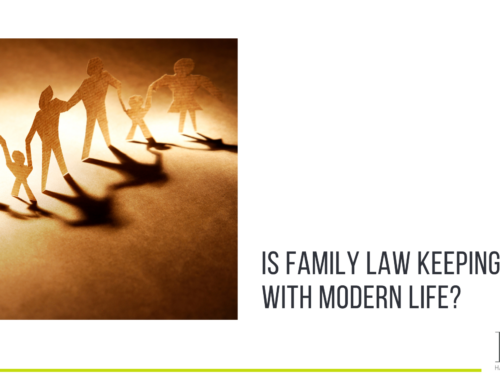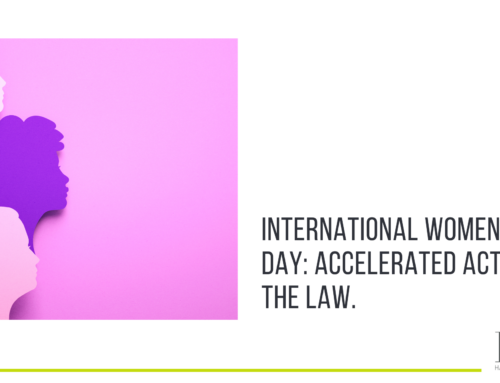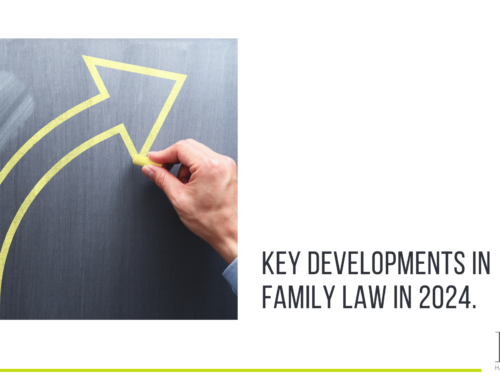It is always preferable to resolve the child arrangements and the division of assets amicably.
It is often a more cost-effective way to divorce, as well as minimising the stress and disruption that an acrimonious separation can cause. We are always supportive of clients who want to achieve an amicable settlement.
However, do not fall into the trap of thinking that because you’re on good terms with your ex, that you don’t need a solicitor and legal advice is a waste of money. Not doing so could be a very expensive mistake to make and we would always advise obtaining specialist family law advice.
What do I need to consider in an amicable separation?
There are many common issues and pitfalls which people encounter when preparing to separate. Some questions to ask are (this is not an exhaustive list):
- Do you know what the assets there are?
- Have you been given accurate values for assets?
- Are you getting what you’re entitled to?
- Do you know what you need?
- What pensions do you have, do you understand all the benefits of the schemes and do you understand the implications and rules of them?
- What income in the short, medium and long term are you going to have and does this meet your expenditure?
- Do you know the full extent of your ex’s income?
- Have you got any liabilities?
- Who will be responsible for the mortgage?
- Should the house be sold and how will the proceeds be divided?
- What is the tax position of what you are thinking about?
The last thing you want is to realise that you overlooked something significant and are losing out as a result.
Is an amicable separation possible?
In our experience, it certainly is possible to separate amicably and for both parties to achieve a settlement which they are happy with – but specialist family law advice is still an important part of the process.
We would never stand in the way of a genuinely amicable settlement when both individuals have a clear picture of their respective income and assets, and both understand the terms they are agreeing and the implications of that agreement.
However, sometimes one spouse is appearing to be amicable because they want the other to agree to something which is not fair. Alarm bells should ring if you are being urged not to bother getting legal advice.
We strongly recommend getting legal advice before agreeing any terms of settlement. It is vital that any settlement terms, once agreed, are incorporated into a formal legal agreement or a court order so that they are binding and it is not possible for them to be reneged upon later. Without this, your agreement is unlikely to be worth the paper it is written on.
At Harrogate Family Law, we are highly regarded for protecting wealth and making agreements as water-tight as possible. We also make sure that you are treated fairly and achieve a settlement which meets your needs.
We deal with complex cases on a regular basis and are able to identify all of the possible issues and pitfalls specific to your circumstances, whether that is relating to a family business, school fees, pensions or other factors.
We are also skilled negotiators, with about 95% of our cases reaching an agreement outside of court. Investing in our expertise at an early stage could therefore save you money and time in the long run.
To see how Harrogate Family Law can help you, give us a call today on 01423 594680.

Andrew Meehan is an experienced family lawyer specialising in complex divorces involving significant or hidden assets, as well as cases involving children.
He is recommended for family law by both Chambers 2019 (York, Hull and surrounding regions) and the Legal 500 2020 (Leeds/West Yorkshire and North Yorkshire region).
Everyone’s circumstances are different and this article is provided by way of general information only and must not be relied upon. If you require legal advice on a family law issue, please feel free to contact us by emailing enquiries@harrogatefamilylaw.co.uk.






